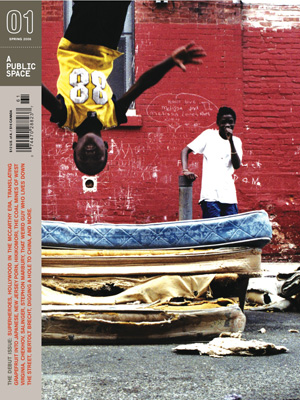Focus
Backstroke
Yoko Ogawa
Translated from the Japanese by Motoyuki Shibata
Log in to read the rest.
If you are a subscriber but do not currently have online access, please contact us to link your subscription at subscribe@apublicspace.org
Not a subscriber?
Not yet a subscriber? Join us now, and become a part of the conversation.
About the author
Yoko Ogawa was born in 1962 in Okayama prefecture and now lives in Ashiya, Japan. Her fiction has been published in Manoa and The New Yorker, and a collection of her novellas is due out from Picador next year.
